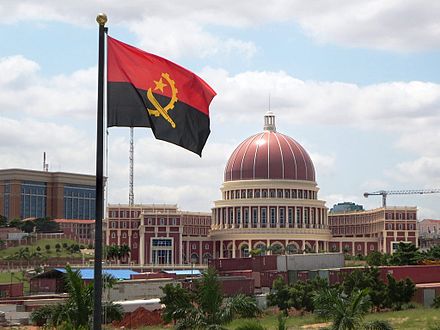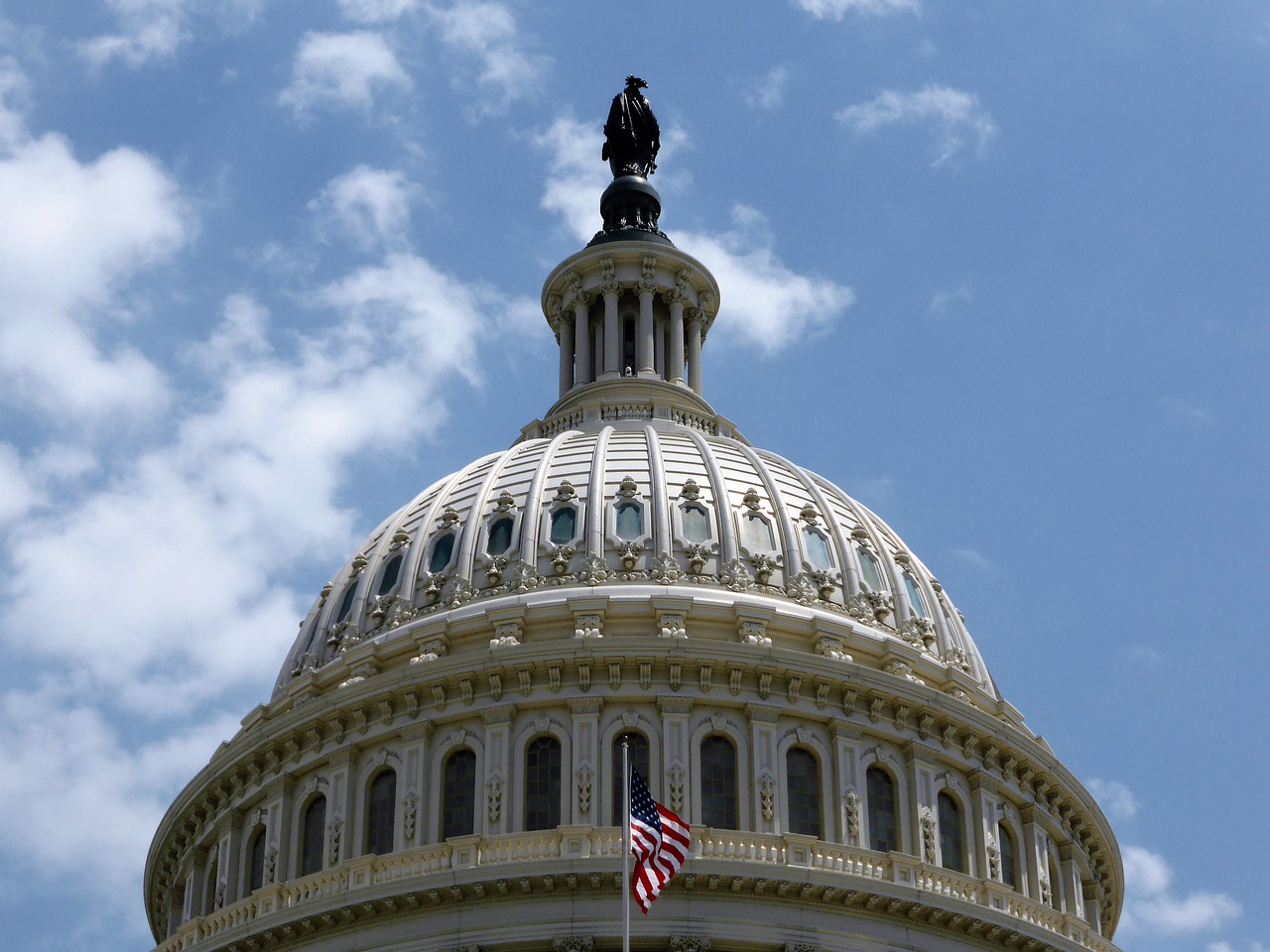Angola Decriminalizes Homosexual Sex and Outlaws LGBTQ Discrimination
The southern-central African country of Angola has decriminalized same-sex relations between LGBTQ individuals and outlawed discrimination against the country’s LGBTQ community on Wednesday, January 23. According to Human Rights Watch, the legislative unicameral National Assembly in Luanda, Angola’s capital city, has decided to repeal a colonial-era law that outlawed homosexual sexual relations since the country was part of Portugal for more than 400 years between 1575 to 1975. Furthermore, new anti-discrimination laws state that if anyone in Angola is refusing to employ or provide services to individuals based on their own sexual orientation, they may face up to two years imprisonment.
Angola is not the only former Portuguese colony to further advance LGBTQIA+ rights. In Western Africa, the Atlantic island country of Sao Tome and Principe also repealed colonial-era anti-homosexuality laws in 2012 as well as the Atlantic island country of Cape Verde in 2004. In 2010, Portugal legalized same-sex marriage. In Mozambique, a country located in southern Africa, same-sex sexual activity was legalized in 2015 and discrimination based on sexual orientation in areas of employment have been illegal since 2007. In 2013, Brazil’s highest judicial court legalized same-sex marriage throughout South America’s largest country by geography and population. In Asia, Macau decriminalized same-sex activity in 1996 before becoming a semi-autonomous city-state under China in 1999. In Pacific Oceania, East Timor, same-sex sexual activity has been legal since 1975.
Angola will join dozens of countries throughout the African continent that have legalized or decriminalized homosexuality as well as homosexual sexual relations. These countries include Chad, Djibouti, Rwanda, and Lesotho. However, South Africa is the only independent Africa country to legalize same sex marriage.




